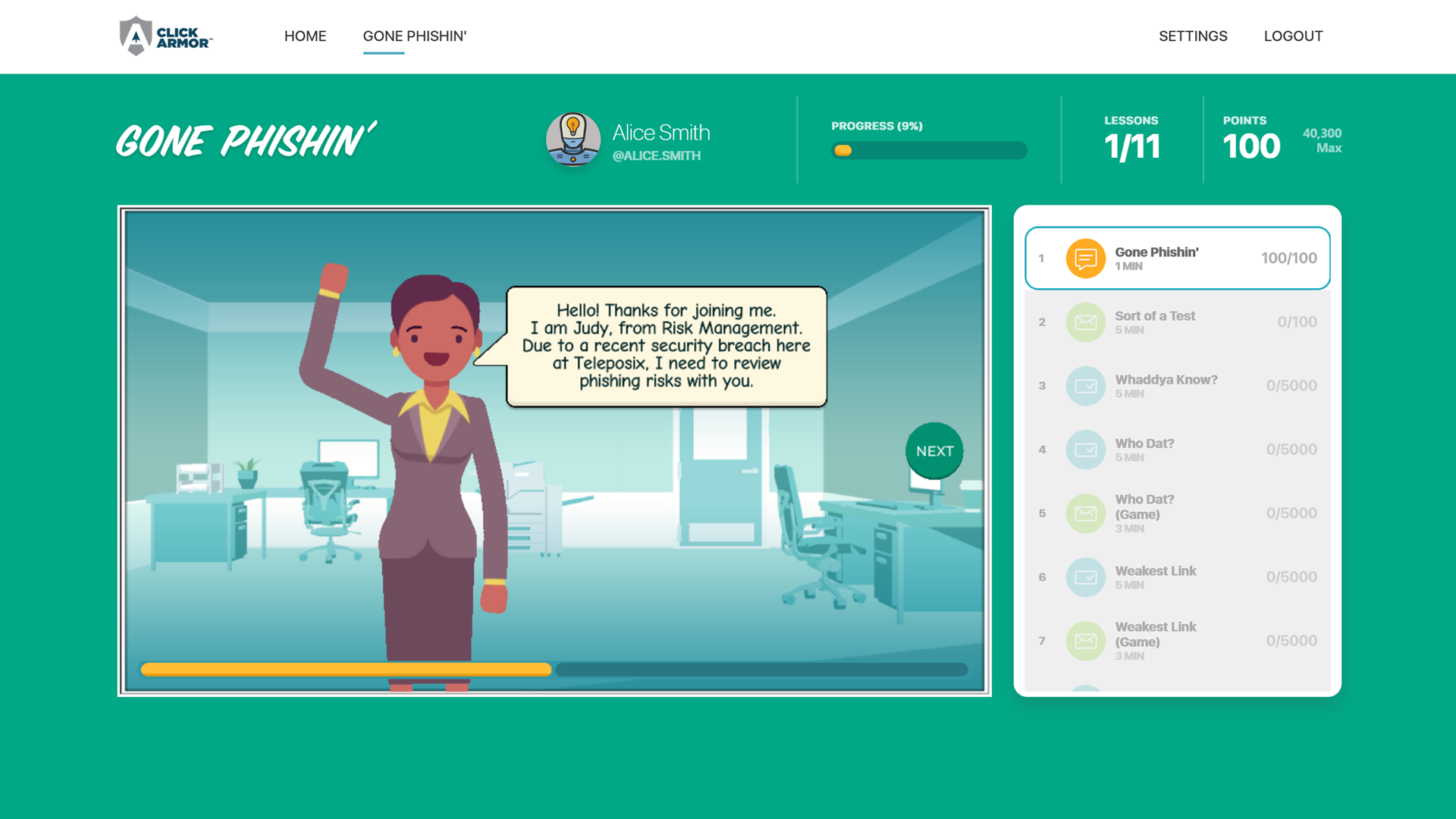Big Data is having a big impact in business, and its privacy implications can affect both companies and their employees.
Since Google started scanning every web page on the Internet about two decades ago, it accumulated so much data that it had to come up with a new way to analyze it. This new approach, now called Big Data, makes it easier to identify hidden trends and outliers in vast amounts of data scattered on servers all around the world.
For example, Google was able to determine where flu outbreaks were about to occur simply by looking at what people were searching for online. However, they also discovered that making broad inferences carries the risk of drawing inaccurate conclusions. So when the national media ran a news story about the flu, there was a spike in Google searches, which skewed the resulting trend lines. Google needed to refine its predictive models.
But Big Data marches on, and now every company needs a strategy. Many organizations already have large quantities of historical operational data, and they are collecting more and more via digital transformation. But often when collecting this information, privacy, ethics and personal consequences aren’t “top of mind”.
When US retailer Target wanted to reach expectant mothers with special offers, its use of big data caused controversy. It looked at the purchasing trends of its customers to pinpoint the best targets. This led to an angry father of an 18 year old woman complaining to his local Target store manager. His daughter had received promotions for discounts on maternity and baby products, and the Dad thought Target was actively encouraging the girl to get pregnant. A week later, the father called to apologize. He had just found out that he was actually going to be a grandfather in a few short months. At the time, Target’s data analyst was quoted as saying, “We’re still playing with what we can figure out about your life”.
Privacy Tips
Employees: When you hear your management team talk about a Big Data strategy, or just “How can we get more value out of the data we collect?”, you should ask if privacy implications are being considered in the plans.
Managers: If you’re thinking of implementing a Big Data strategy, get legal advice covering all regions where you do business and where your stakeholders live and work. It’s usually the laws in the individual’s location that govern the privacy rules. You may need a full privacy impact assessment (PIA) to be done, to identify privacy risks to your customer base and your business model.
Learn how your organization would benefit from well-designed cybersecurity training. Click here set up a call.


